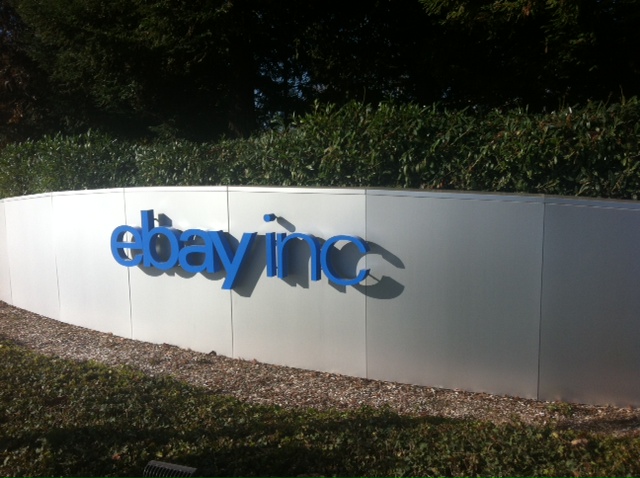“I had what my wife describes as non toxic form of midlife crisis,” says Don Katz of Audible, the company he founded in 1994 and remains CEO of today. In an interview with Decoding The New Economy, Katz describes a startup journey that covers all the bases.
As Rolling Stone’s European correspondent Katz was engaged to write a book in the early 1990s about how digital technologies were changing music and what he realised was the industry was about to go through a fundamental change.
“I had a wonderful career as a writer, I was a long form magazine writer in the glory days of ten thousand word articles,” Katz says of his life in journalism. A book commission lead him to research the future of digital distribution of written works.
Survival in the digital economy
One of the driving ideas was how creators can sustain themselves in the digital economy, “my content was already being ripped off on the Unix internet and I thought ‘how will the profession creative class sustain themselves if there’s no ability to control the distribution?’”
Having founded Audible in 1995 at a time when few people were downloading or even using the net, Katz was in the box seat of the first tech boom and subsequent tech wreck in 2001.
At the peak of the dot com boom Audible was floated on the NASDAQ stock market, “In 1999 good companies that were leading categories went public and got massive amounts of free capital.” Katz recalls, “It was one of those weird moments, there were 1500 publicly listed internet companies at the beginning of 2000 and there were 140 by 2003.”
Surviving the dot com bust
Katz puts the company’s survival during that period to a conservative attitude towards capital and the alliances he had created with the industry’s major players — at one stage Microsoft held a 37% share in the company and Katz was one of Steve Jobs’ confidants during the early development of the iPod.
Eventually one of those alliances became critical when Katz became bored with running a listed company, “it was an amazing adventure being a public company CEO for nine and a half years. It was very exciting and an honour to serve shareholders.”
Katz’s patience ran out with being a public company CEO when automated trading came to dominate the daily operations of management, “suddenly you had this metaphysical sense of ‘who are you working for if someone wants volatility?’ That suddenly got old.”
Audible already had a relationship with Amazon who had taken five percent of the business in 2000 in return for bundling audio book links on the ecommerce giant’s book pages. Katz also found Amazon founder Jeff Bezo’s long term view towards investment and returns a much more satisfying business model than the day to day grind of meeting short term shareholder demands.
In early 2008 Amazon bought Audible for $300 million and retained Katz as the company’s CEO.
Building new startups
For new startups, Katz advises “make an absolutely fearless inventory of what you know is true about this idea and what you’re good at and what you’re not good at.”
“You need to have people you can trust and believe in. Beyond that, be very sober about business models that are sustainable. There’s a lot mistakes that people make where you’re solving a problem in a piece of a value chain that isn’t sustainable. It’s easy to get confused about who the customer is.”
“Figure out who the real customer is. Sometime people overplay the fact that the customer is the capital, the capital will come if people have the innovation and the passion.”



